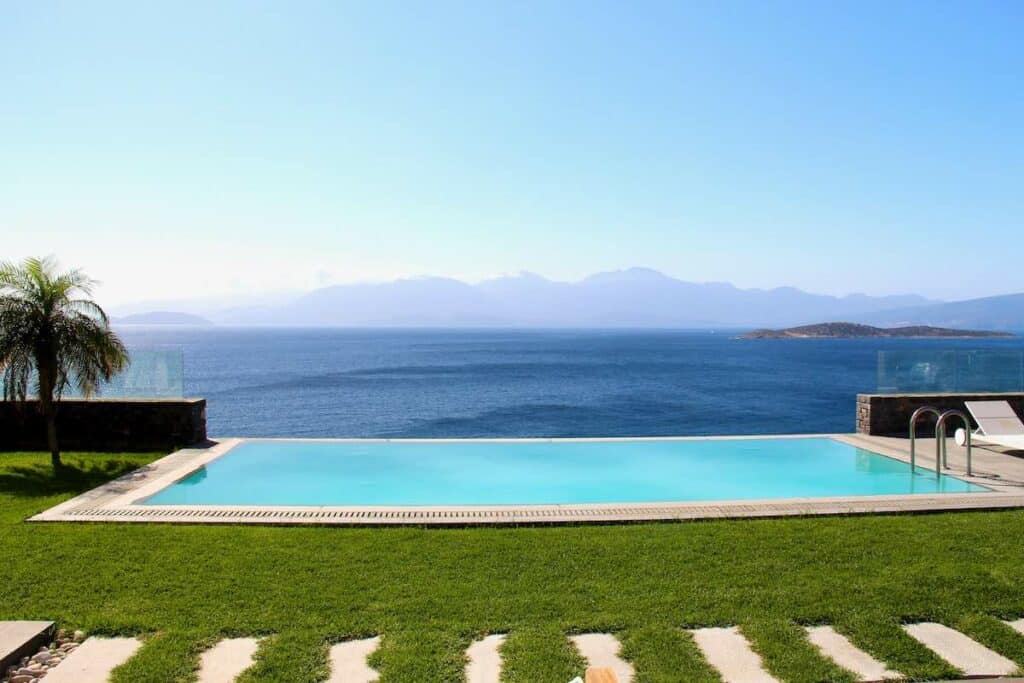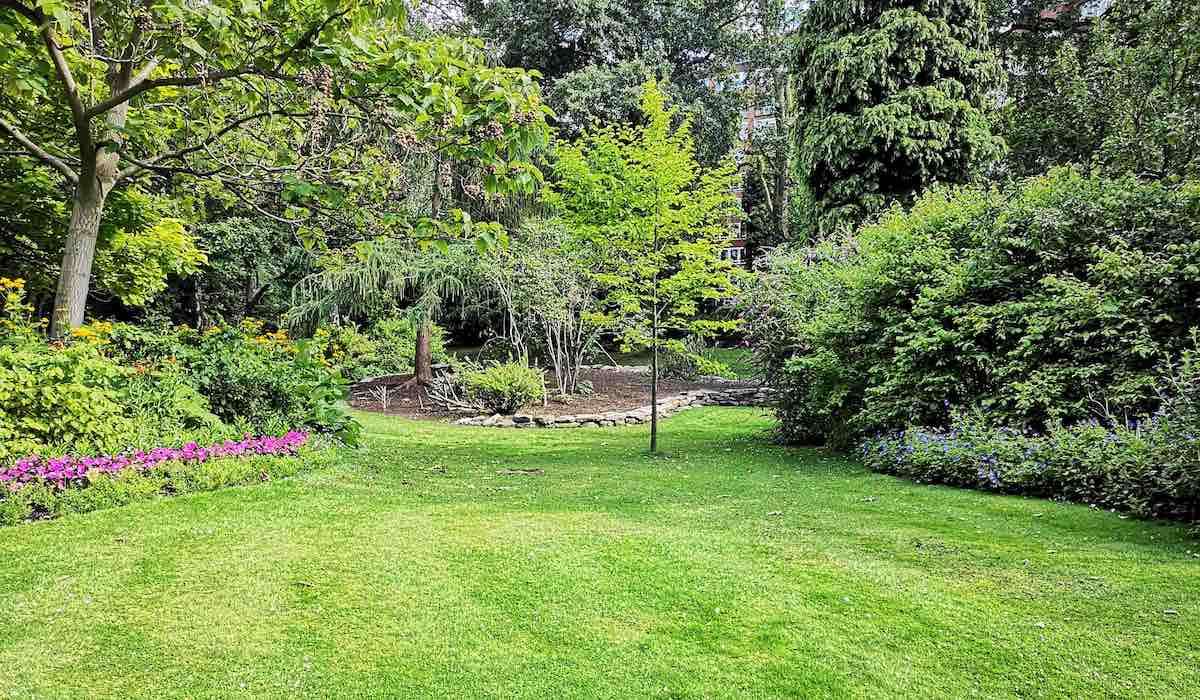Pool water, with its diluted chlorine content, won’t cause any harm when it playfully splashes onto your lawn. No worries there! But hold your horses because things can go south real quick if you decide to empty that pool onto your precious turf.
You see, dumping a truckload of chlorinated water on your grass is like inviting trouble over for a wild party. It can seriously mess up your beautiful lawn and leave irreversible damage in its wake. Trust me, you don’t want that!
So here’s the deal: small splashes won’t hurt a fly (or rather, your grass), but a massive influx of chlorine will turn it into a disaster zone. Think twice before draining that pool onto your lawn if you want to keep it looking fabulous.
Remember, moderation is key when it comes to marrying pools and grass. Don’t let too much chlorine crash the party on your turf because once it does, there’s no turning back!
Effects of Diluted Chlorine on Grass
Pool water contains diluted chlorine, which helps maintain the water’s cleanliness. Splashes of pool water on your grass, such as from swimmers exiting the pool or kids playing nearby, will not harm your lawn.
The concentration of chlorine is minimal and does not pose a threat to grass.
However, adding a large amount of highly concentrated chlorine to your lawn can lead to irreversible damage.
For instance, if you decide to drain your pool directly onto your lawn, the excessive chlorinated water can kill your grass.
Factors Affecting the Harm Potential of Pool Water on your Lawn
Concentration of Chlorine in Pool Water
The concentration of chlorine in pool water is crucial in determining its effect on grass. The lower the concentration, the less likely it is to harm your lawn.
Properly maintained pools usually have well-diluted chlorine levels that are safe for grass.
Frequency and Duration of Exposure to Pool Water
If your grass is consistently exposed to pool water due to splashing or drainage from regular maintenance activities like backwashing or cleaning filters, it may experience more damage over time.
Types and Species of Grass
Different types and species of grass vary in their tolerance levels towards chemicals like chlorine. Some varieties may be more resilient while others may be more susceptible to damage.
Environmental Conditions:
Environmental factors such as temperature, sunlight exposure, and soil composition also play a role in determining how well your grass handles exposure to chlorinated water.
Extreme temperatures or prolonged exposure under direct sunlight can amplify potential harm.

Preventing Damage to Grass from Pool Water
Let’s dive into the pool of knowledge and discuss some critical aspects of pool maintenance, especially those affecting your lovely lawn.
Proper Drainage Techniques during Pool Maintenance
It’s all about water management when it comes to pool maintenance. Draining water is a common task, but did you know that the way you do it could make a big difference to your surrounding areas?
It’s crucial to ensure the water is directed away from your grass and towards suitable areas like sewers or designated drainage paths. It’s a small step that can significantly minimize the risk of damaging your lawn.
Strategic Placement of Drainage Paths for Discharged Pool Water
If draining your pool is a regular thing for you, it might be time to think about installing permanent drainage paths.
These can be strategically placed to lead away from your lawn. This handy move can divert chlorinated water to more appropriate areas, thus protecting your grass from harmful chemicals.
Timely Mowing and Rinsing to Minimize Chlorine Residue
Moving onto lawn care, regular mowing can do wonders to prevent chlorine buildup on your grass blades. It’s a simple trick, but it works.
Keep your lawn at an optimal height and you’ll see the difference.
Oh, and don’t forget to rinse off your grass after it’s been exposed to pool water. This can significantly minimize any potential chemical buildup.
Regular Soil Testing and Amendments to Counterbalance Chemical Imbalances
Last, but not least, let’s talk about the soil. If your lawn is often exposed to chlorinated water, there’s a risk of chemical imbalances in your soil.
The best way to counter this is by regularly testing your soil’s pH levels and nutrient composition. If there’s any need, don’t hesitate to amend your soil with organic matter or appropriate fertilizers.
This can help maintain a healthy balance, paving the way for optimal grass growth.
With these tips, you’re all set to keep both your pool and lawn in tip-top shape. Happy swimming and gardening!
Frequently Asked Questions about Is Swimming Pool Water Bad for Grass?
No, splashes of diluted chlorine in pool water will not harm your grass.
Yes, draining a large amount of chlorinated water onto your lawn can result in irreversible damage to your grass.
Practicing proper drainage techniques during pool maintenance, strategically placing drainage paths away from your lawn, timely mowing and rinsing, and regular soil testing for amendments can help prevent damage.
In Summary
While splashes of diluted chlorine in swimming pool water do not harm grass, adding a large amount of chlorinated water to your lawn can indeed cause irreversible damage.
It is essential to understand the concentration of chlorine, frequency and duration of exposure, grass species, and environmental conditions to mitigate potential harm.
By implementing preventive measures such as proper drainage techniques, strategic placement of drainage paths, timely mowing and rinsing, and regular soil testing, you can maintain a lush green lawn even with a swimming pool on your property.
So enjoy your pool knowing that with the right precautions, your grass will remain healthy and vibrant!
